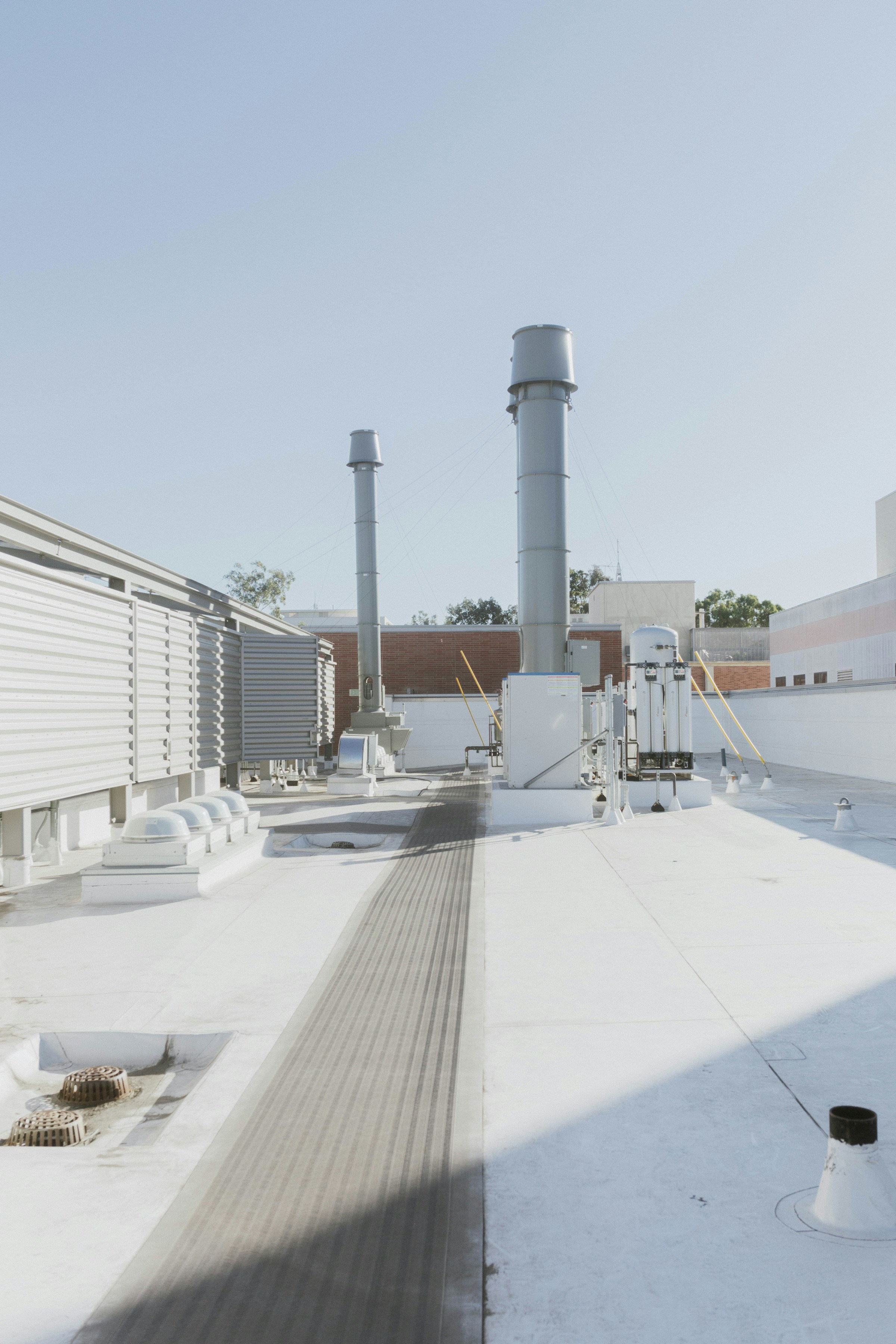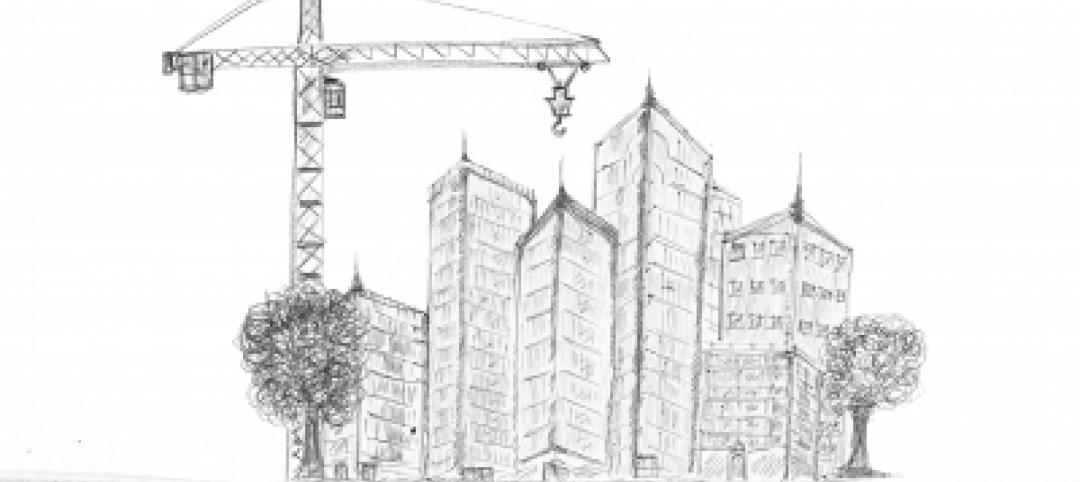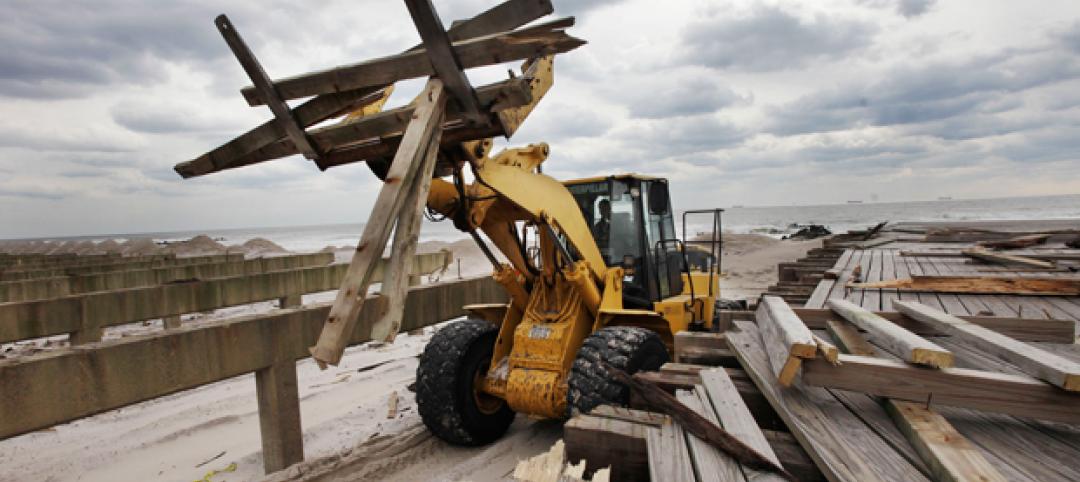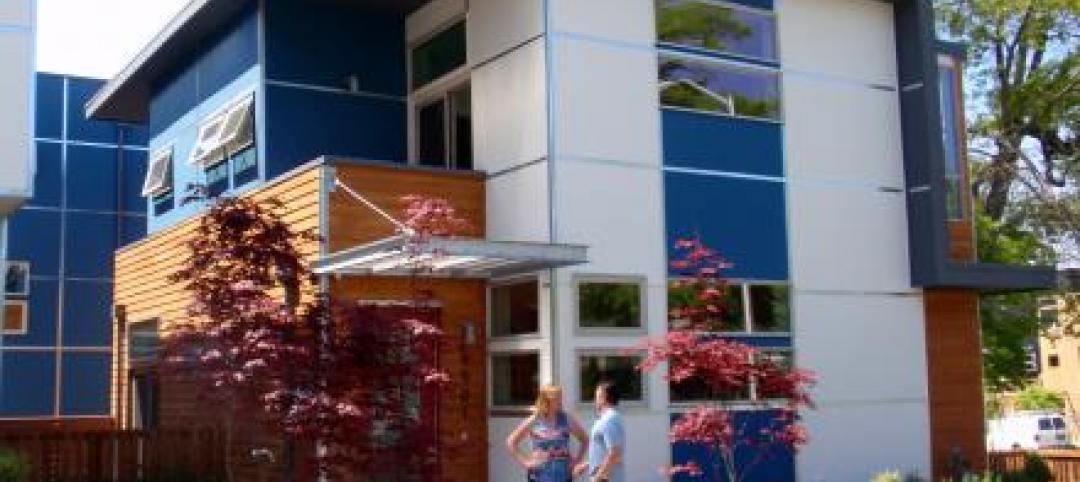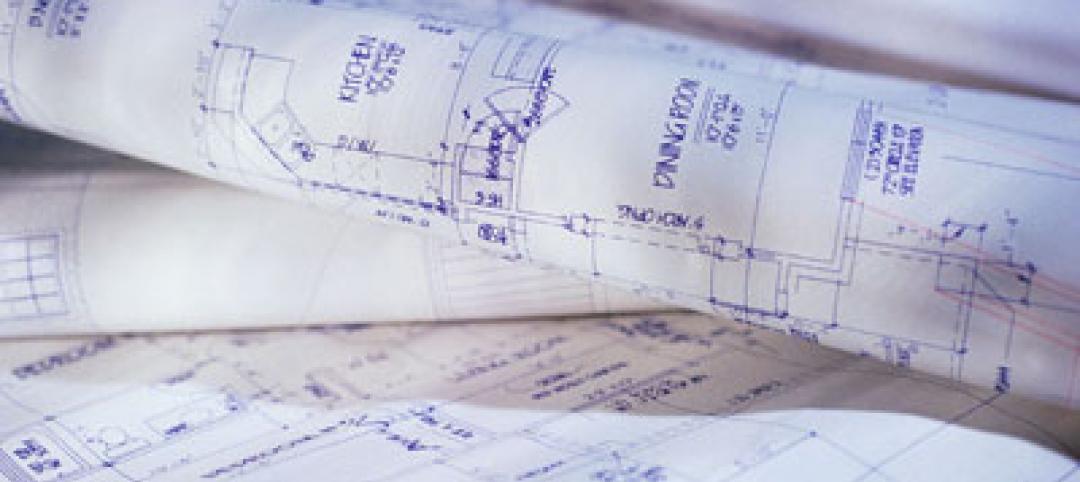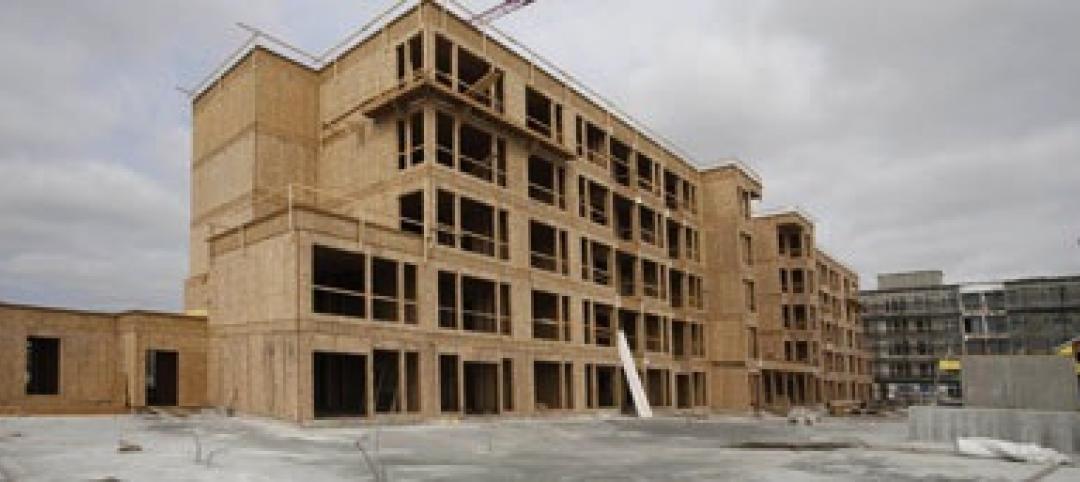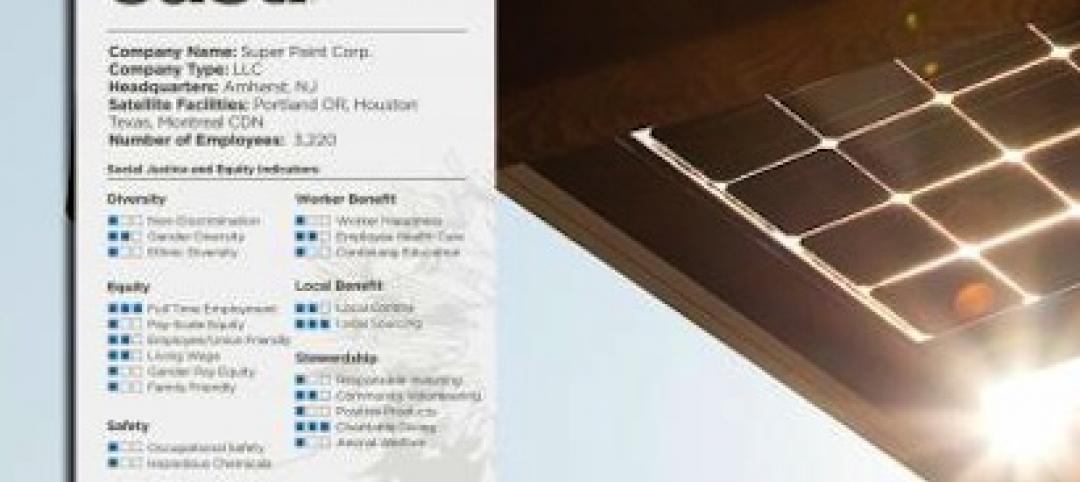A new technical brief from SPRI, the trade association representing the manufacturers of single-ply roofing systems and related component materials, addresses construction-generated moisture and its impact on commercial roofing systems.
Construction-generated moisture comes from activities including pouring concrete, burning propane heaters, painting, plastering, and drywall finishing. These activities can contribute to excessive levels of relative humidity inside the structure when proper remediation measures are not taken. Accumulation of condensation within the roofing assembly and within the structure can result when the temperature is at or below the dew point.
To control moisture, designers must identify the sources of moisture and develop a remediation plan during the design process. To reduce the probability of condensation, buildings under construction must be adequately ventilated, particularly during concrete hydration and other high moisture-related construction activities.
SPRI recommendations include avoiding the use of wet materials or materials with excessive moisture, installing vapor retarders in the roof assembly, avoiding penetrating vapor barriers, installing at least two layers of insulation, and always sealing deck-to-wall joints and gaps around roof penetrations.
Related Stories
| May 31, 2013
OSHA will propose to extend crane operator certification compliance date
The Occupational Safety and Health Administration (OSHA) says it will propose to extend the compliance date for the crane operator certification requirement by three years to Nov. 10, 2017.
| May 31, 2013
GIS should guide zoning decisions in states hit hard by Hurricane Sandy, says expert
As New York, New Jersey and other states hit hard during Superstorm Sandy begin their long road to recovery, the decisions they make on how to rebuild are crucial to determining how well they will weather the next big storm.
| May 31, 2013
Bond package to fund $2.7 billion in new university construction dies in Texas Legislature
A $2.7 billion state bond package that would have financed expansion projects at more than a half-dozen universities in Texas died on the final day of the legislative session.
| May 31, 2013
Tax break proposal for $1.5 billion expansion of Minnesota’s Mall of America advances
The Minnesota Legislature approved tax breaks worth $250 million for a $1.5 billion project that would double the size of the Mall of America in Bloomington, Minn.
| May 31, 2013
Debate in the Northwest over how to apply lessons of net-zero construction in codes
Success in constructing net-zero homes in the Northwest has sparked debate over how far green codes should go.
| May 28, 2013
Fire Chiefs Assn., IBHS call for federal legislation to encourage states to adopt, enforce building codes
The International Association of Fire Chiefs (IAFC) and the Insurance Institute for Business & Home Safety (IBHS) are asking Congress to enact the Safe Building Code Incentive Act (SBCIA), which provides financial incentives for states to adopt and enforce building codes.
| May 28, 2013
Proposal to water down Las Vegas green building code draws criticism
A proposed bill before the Las Vegas City Council would allow any building built before 2009 undergoing a renovation to only have to meet the energy code requirements at the time of initial construction, not the current, stricter guidelines.
| May 28, 2013
Mazria: ‘No need for new power plants to meet growth in buildings sector’
A new analysis of federal data shows that the U.S. buildings sector has made enormous strides in efficiency over the last six years—potentially eliminating the need to build any new power plants to support growth in the sector through 2030.
| May 27, 2013
Support increasing in Ontario to change codes to allow taller wood frame construction
Developers and home builders are asking the Ontario government to change the building code to allow construction of six-story wood frame buildings.
| May 27, 2013
'JUST' label aims to assess social justice on building material manufacturers
At the Living Future's annual conference in May, Jason McLennan, and architecture firm BNIM founder Bob Berkebile launched the JUST label, an extension of the Declare label that addresses social justice and equity issues.


